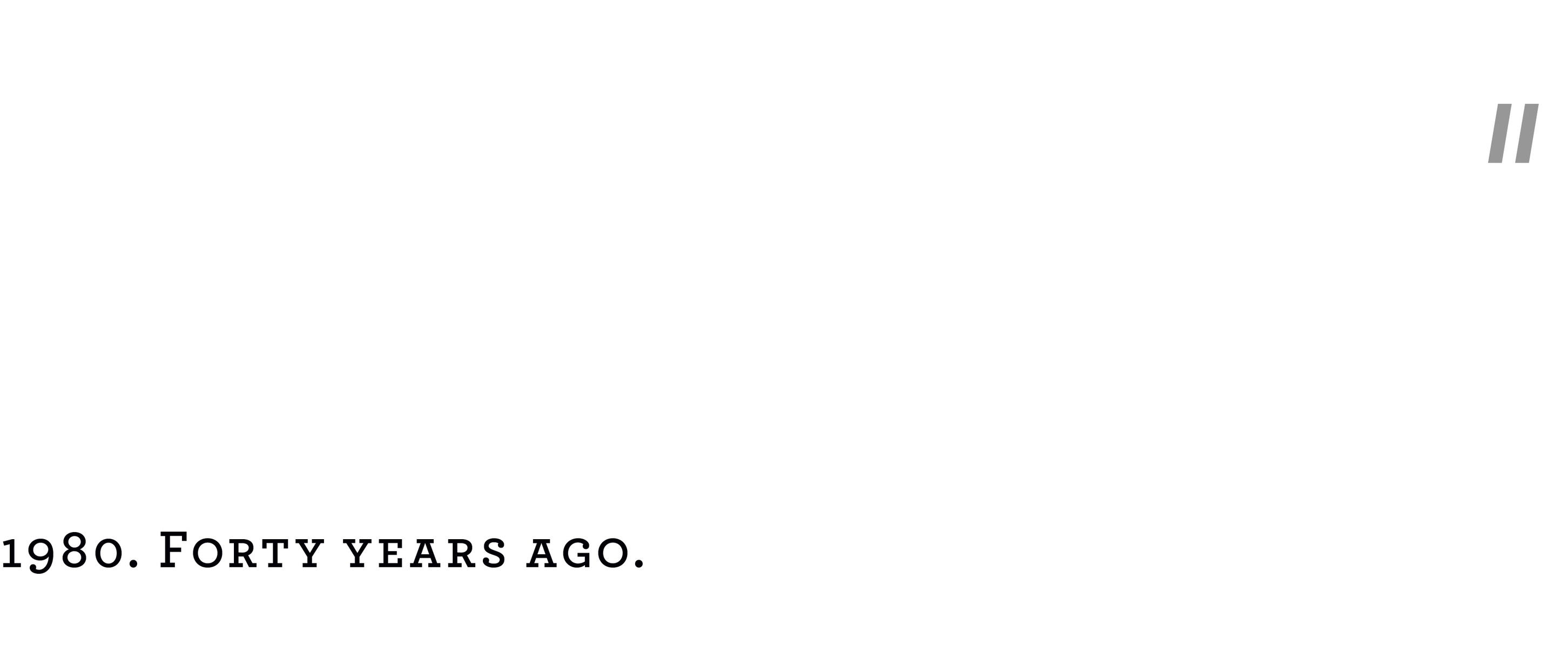
Brian Rooney was drowning. That was clear.
It was so clear that eight weeks into the program, the academy instructors had him down as third favorite out of a class of seventy-eight to drop out. Rooney didn’t know it, but there was enough money to buy a small car or a long vacation riding on his woeful performance. It wasn’t just one area that was letting him down. In isolation he could post satisfactory scores in his fitness tests. Or with firearms. The proper operation of his vehicle. Even the basics of criminal law. The problem came when he tried to put all these things together. The volume of work was overwhelming. And he wasn’t helped by the academy’s study requirements. Specifically, note taking. All the cadets were required to maintain their notebooks in a particular way. The format had to be neat. And the content, comprehensive. Rooney had big hands. That was good when it came to punching people. Good for wielding a nightstick. But bad for handwriting. He was very slow. When he tried to keep up in the classroom, where he was supposed to record everything verbatim, his clarity suffered. If he concentrated on his presentation, he fell further behind. It made him dread their random notebook inspections. He was on edge all the time. The stress was killing him. And this was only coursework. The exams were still to come.
One instructor—a guy named Thomas Brolin—bucked the trend. He did have money riding on Rooney’s fate, but he was backing him to pass. Not because he was an optimist. Not because he was hoping to send good vibes out through the universe. Not even because he’d been seduced by the lopsided odds. But because he’d been watching. He’d spotted a characteristic that he believed would enable Rooney to turn his performance around. A willingness to cheat.
Rooney wasn’t up to anything outrageous. He wasn’t breaking into the office and stealing papers. He wasn’t bribing anyone to get better grades. The things he was doing were more subtle. Looking over a classmate’s shoulder when he was falling behind. Sneaking another cadet’s notebook back to his room to copy after a particularly fast session. Volunteering to clean the chalkboard, but only wiping half at the end of the class and creeping back later in the evening to transcribe the rest.
Brolin watched, and he knew that outside the classroom there was a particular bar that Rooney liked. It wasn’t popular with the other cadets, which was the reason Rooney chose it. He didn’t like being surrounded by people who made him feel stupid. One evening, when things in the course were nearing a crisis point, a woman approached him. She said she had something special to offer him. Rooney felt a flutter of excitement. Then a hint of fear that the stress he was under might affect his performance. Then a major dose of embarrassment when he realized that wasn’t the kind of special she was talking about. He asked for details, and she explained that two options were available. Silver. And gold. Silver would see his notebook completed, neatly—but not too neatly—for the rest of the year. Gold would give him the same thing, plus sight of the questions and answers two weeks before the date of the exams.
Rooney finished the program third. From the top. All the instructors lost their money, except the one who was running the book. And Brolin. He won his bet. And he pocketed the fee for the special. Gold doesn’t come cheap. So when he approached Rooney, right after the graduation ceremony, and offered him commission for visiting various bars from time to time, and explaining certain packages to any cadets who might benefit from a discreet leg up, the new officer was more than happy to accept.